SIEM REAP, CAMBODIA—According to a report in The Cambodia Daily, researchers led by Im Sokrithy of the Apsara Authority’s Angkor International Center of Research and Documentation and Jean-Baptiste Chevance of the Archaeology & Development Foundation are investigating the nearly 2,000-foot-long stone staircase known as Pleu Cere that climbs the sacred mountain Phnom Kulen. The 50-foot-wide staircase is interspersed with four flat rest areas that offer access to spring water. The archaeologists explained that the lack of carvings and artifacts along the staircase make it difficult to estimate its age, but it is thought to have been constructed sometime between the ninth and thirteenth centuries to reach the ancient city of Mahendraparvata, which has been recently mapped with Lidar technology. Little has been done until now to study the ancient route because it had been mined by Khmer Rouge forces. For more on archaeology in Cambodia, go to “Angkor Urban Sprawl.”
Ancient Staircase Examined in Cambodia
News March 1, 2017
Recommended Articles
Letter From Cambodia January/February 2015
Storied Landscape
Through centuries—and perhaps even millennia—of cultural, political, and environmental change, Phnom Kulen has retained its central role in the spiritual life of a people
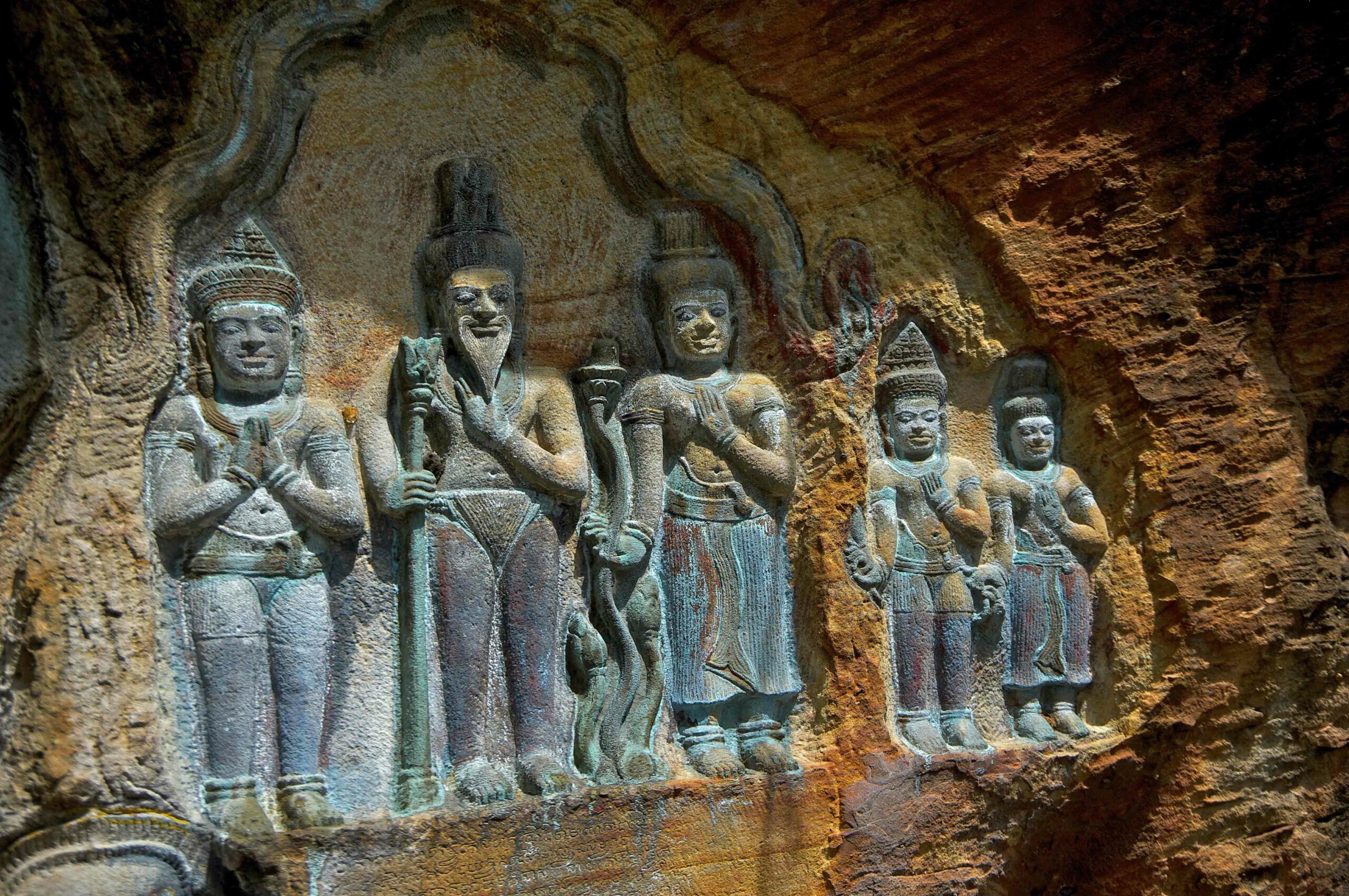
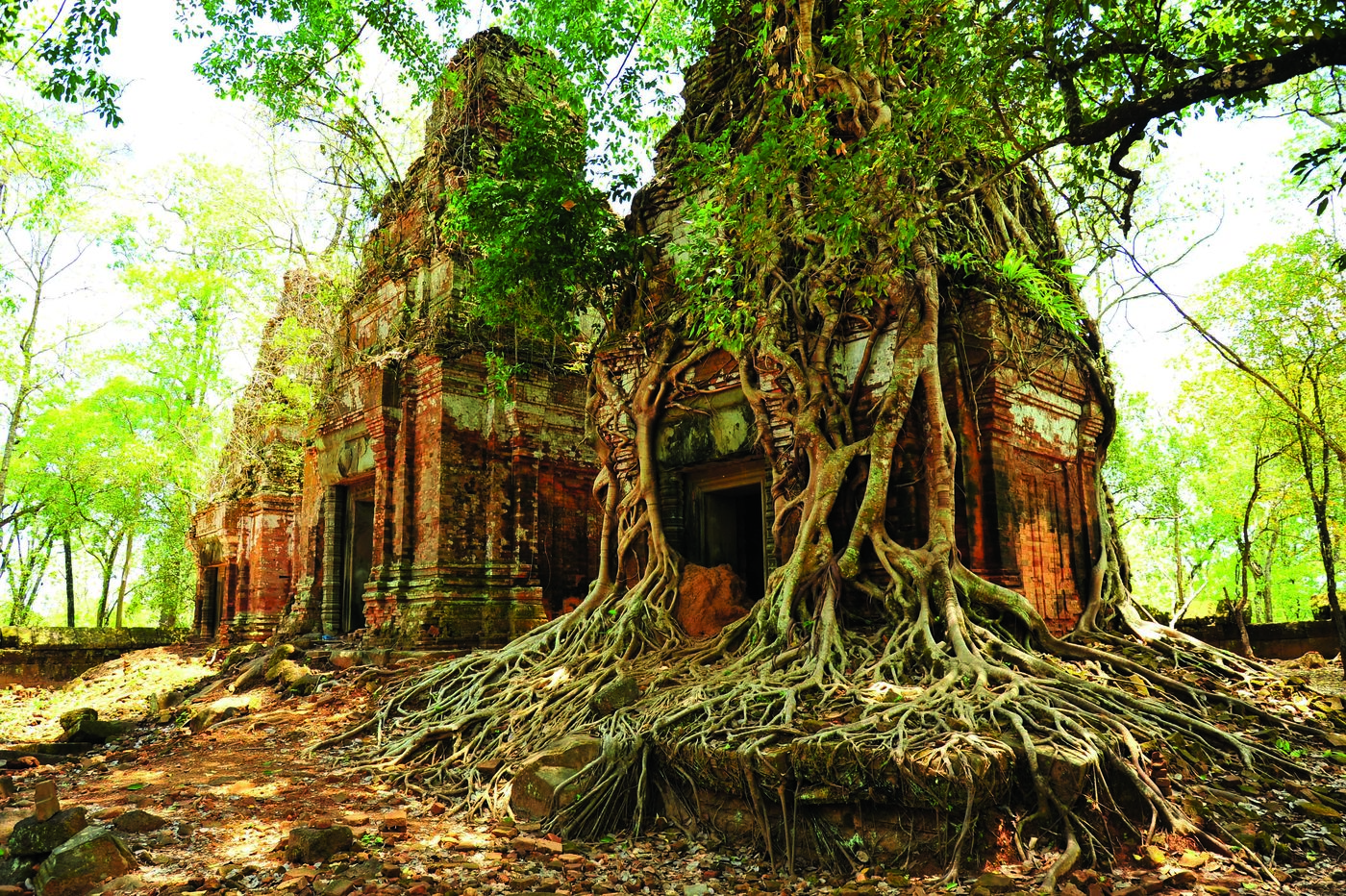
The Pursuit of Wellness September/October 2021
Rest
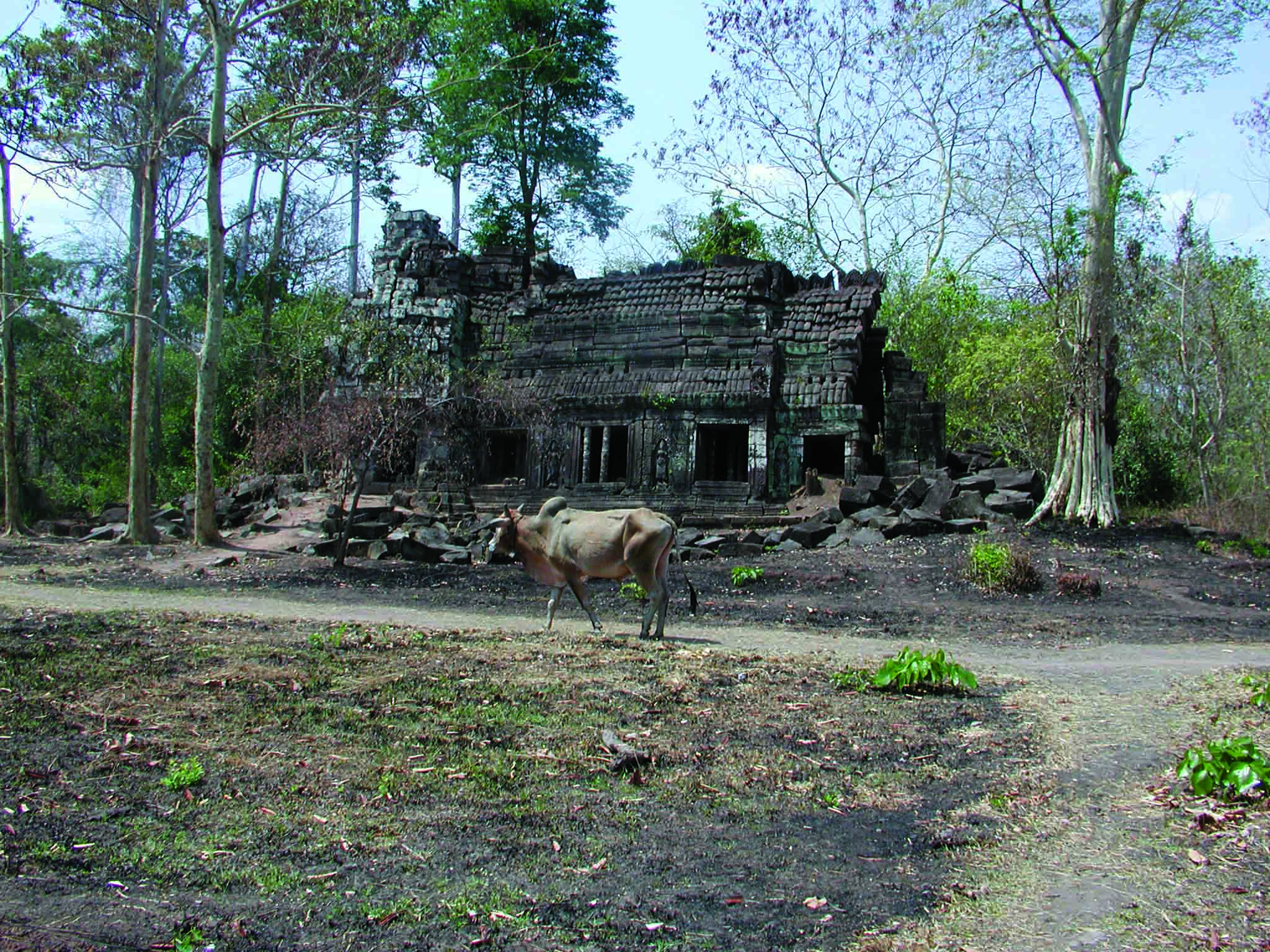
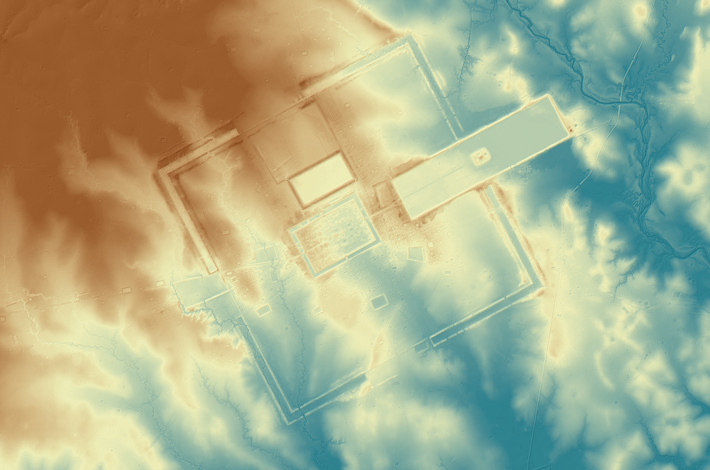
-
Features January/February 2017
Top 10 Discoveries of 2016
ARCHAEOLOGY’s editors reveal the year’s most compelling finds
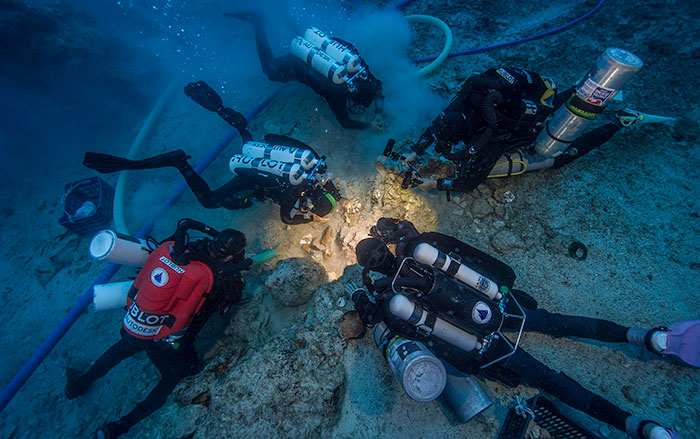 (Image Courtesy Brett Seymour, EUA/WHOI/ARGO)
(Image Courtesy Brett Seymour, EUA/WHOI/ARGO) -
Features January/February 2017
Hoards of the Vikings
Evidence of trade, diplomacy, and vast wealth on an unassuming island in the Baltic Sea
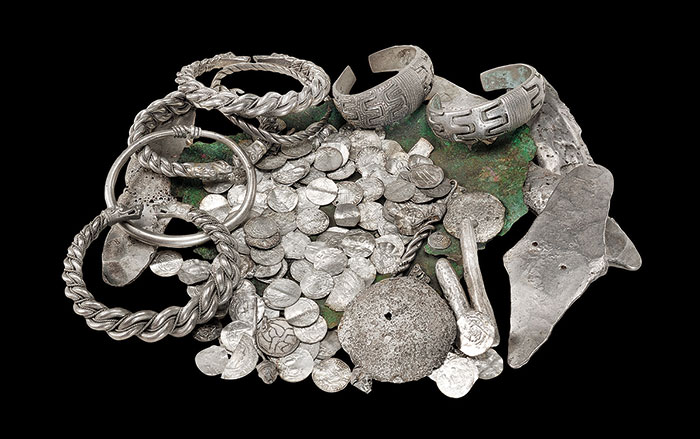 (Gabriel Hildebrand/The Royal Coin Cabinet, Sweden)
(Gabriel Hildebrand/The Royal Coin Cabinet, Sweden) -
Features January/February 2017
Fire in the Fens
A short-lived settlement provides an unparalleled view of Bronze Age life in eastern England
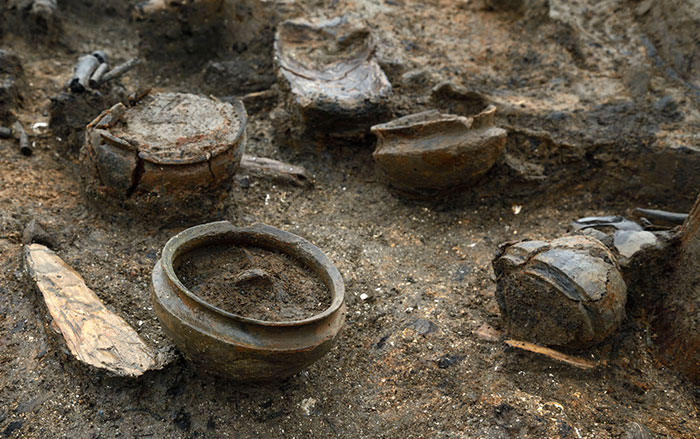 (Courtesy The Cambridge Archaeological Unit)
(Courtesy The Cambridge Archaeological Unit) -
Letter from Laos January/February 2017
A Singular Landscape
New technology is enabling archaeologists to explore a vast but little-studied mortuary complex in war-damaged Laos
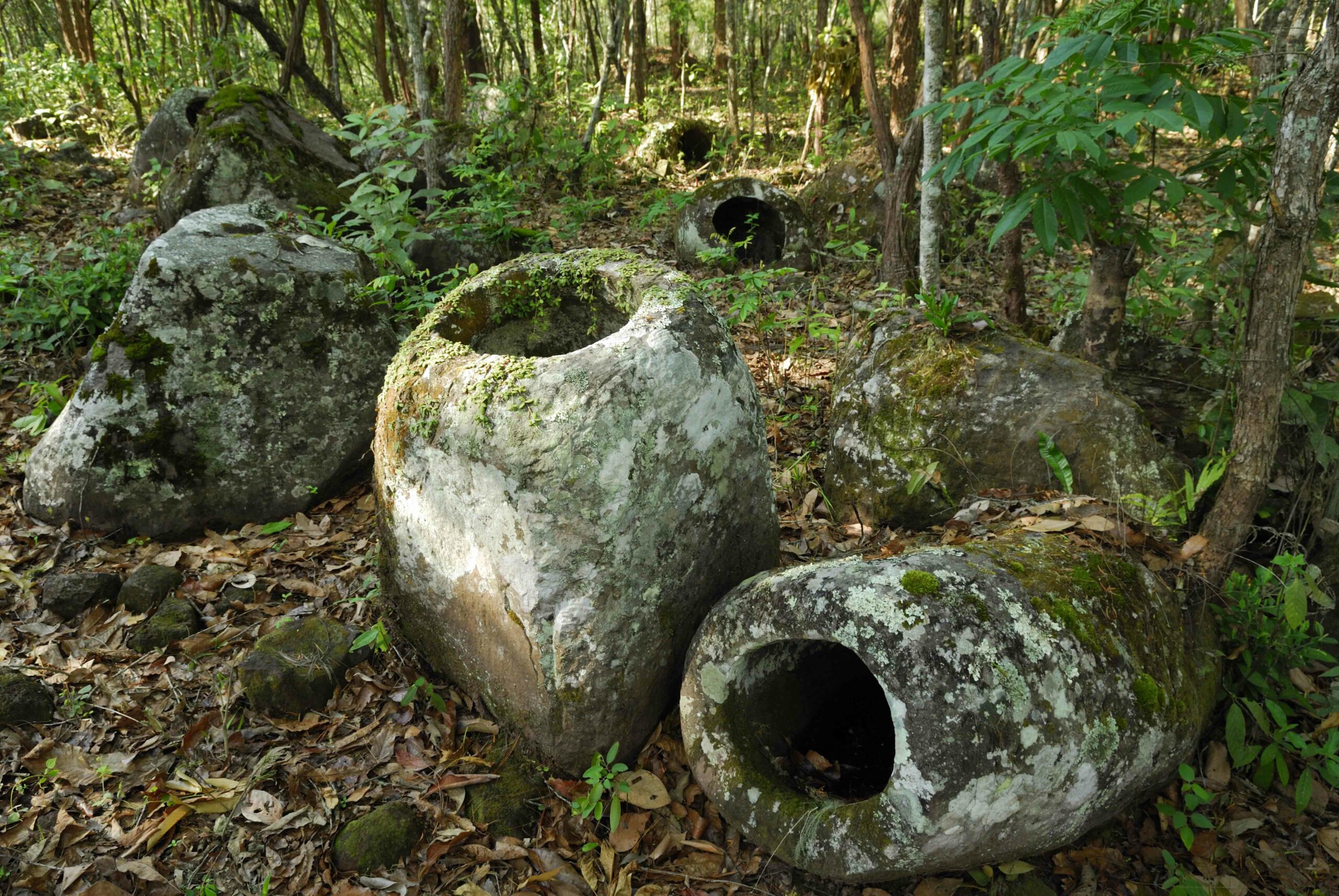 (Jerry Redfern)
(Jerry Redfern)



